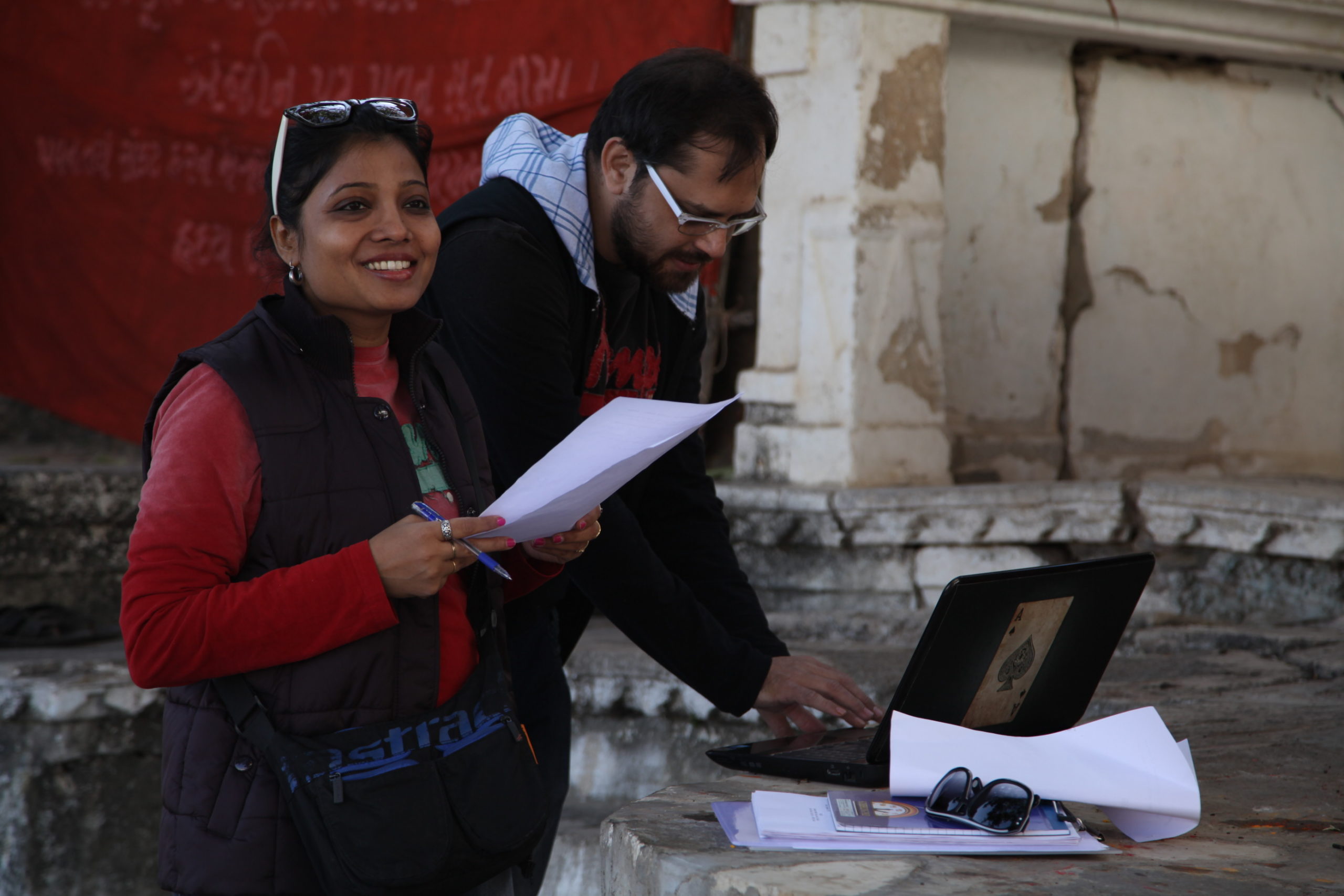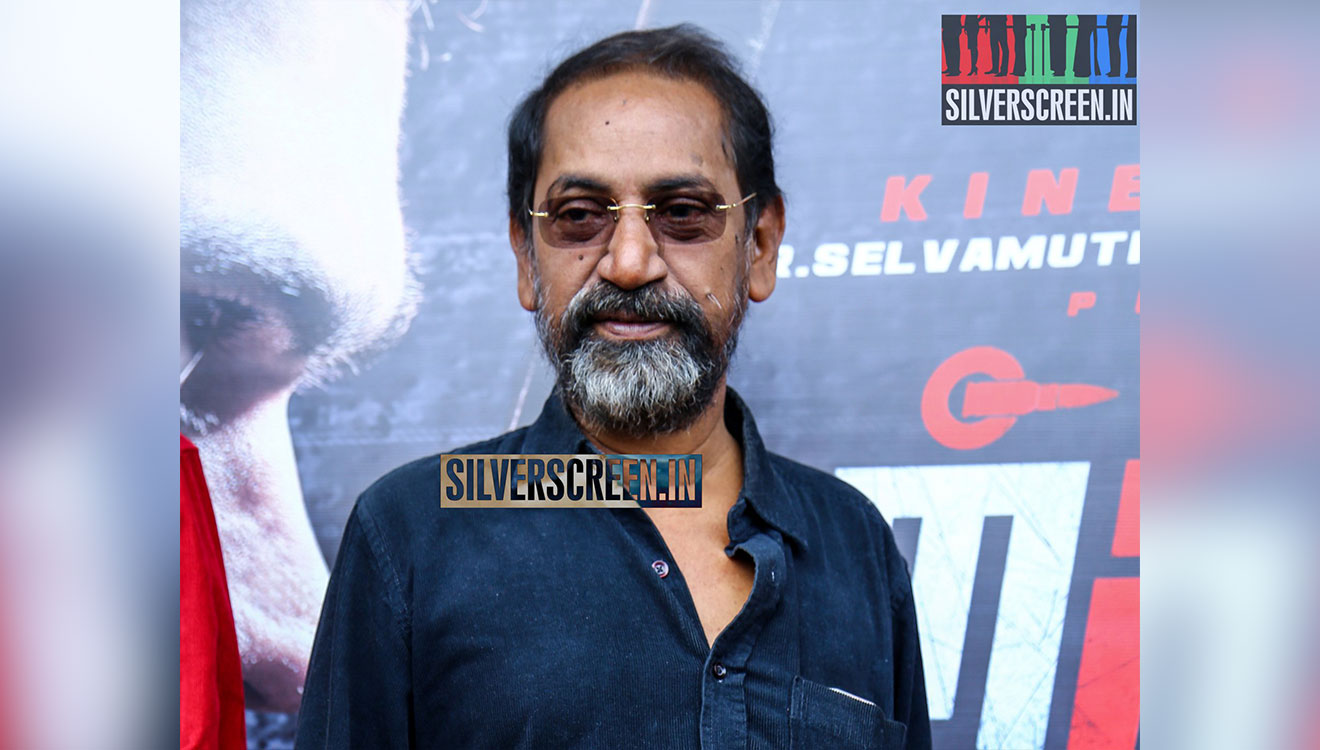The Centre brought digital news platforms and content providers such as Netflix and Amazon Prime Video under the ambit of the Information and Broadcasting Ministry (I&B), headed by Prakash Javadekar, Bar and Bench reported on Wednesday.
Apart from digital news, over-the-top (OTT) platforms will also come under the purview of the Centre and will be regulated by the same. In the order issued on Monday, the government specified that films, audio-visual content on streaming platforms, and news and current affairs on online platforms will fall under the I&B ministry’s purview.
The Central Board of Film Certification certifies films while the Press Council of India regulates print media. News channels fall under the regulation of the Cable Television Network (Regulation) Act, 1995. With this order, the I&B ministry has taken over control from the Ministry of Electronics and Information Technology (MeitY).
In July, the I&B Ministry had proposed bringing online content under its purview. In October, the Supreme Court had issued notices to the Centre and the Internet and Mobile Association of India regarding a petition to regulate the content of streaming platforms. The petition was filed by advocate Shashank Shekhar Jha, who said that digital content by OTT platforms was unregulated. He said that none of the OTT platforms, including Netflix, Amazon Prime Video, Zee5, and Hotstar, have signed the self-regulation that the I&B ministry had sent in February. Although 15 OTT platforms had signed a self-regulatory, they were not in the same format as sent by the Centre.
Following this, the I&B Ministry wrote to the MeitY, regarding the transfer of control.
The notice, however makes no mention of censorship.
Speaking to The Print, Jha said: “Self-regulatory mechanisms cannot work for OTTs. There is a need for a body to monitor the content uploaded on these platforms.”
According to Jha, this became pertinent when the ongoing Covid-19 pandemic and the consequent lockdown gave way for these platforms to release content without having to get clearance certificates, as cinemas were shut and out of business.
The film fraternity has lashed out at the move and they took to Twitter to criticise the government’s decision.
And why doesn’t this apply to streaming content as well? https://t.co/dlRJ15g7tU
— Vikramaditya Motwane (@VikramMotwane) November 11, 2020
Forget Bihar, Arnab, Biden, Diwali..this is the news that’s going to control the way we think !! It’s like Dracula is the president of the blood bank !! RIP Creativity https://t.co/Xsw0Ifma6M
— rahul dholakia (@rahuldholakia) November 11, 2020
According to the Bar and Bench report, “The Union Ministry of Information and Broadcasting had told the top court that any endeavour to regulate media has to begin with digital media. This stance was taken by the Centre during the hearing of a case concerning Sudarshan TV‘s controversial UPSC Jihad programme in which the court was contemplating framing of guidelines to regulate television channels.”
UPSC Jihad was a TV programme that was aired by Sudarshan TV in August. Editor-in-chief and programme host Suresh Chavhanke spoke about how Muslims were infiltrating the Indian civil services. His claims were backed up by “facts” on organisations, that seemed to fund students belonging to the minority community.
Though the argument on hate speech and the need to regulate it remains strong, censorship of online content will remain a bone of contention. With the Centre’s step, streaming platforms will have to get their content approved before putting them online. Since most of the content streaming on OTT platforms, especially Netflix, is produced outside India, access to them becomes uniform after getting a membership to the platforms.



